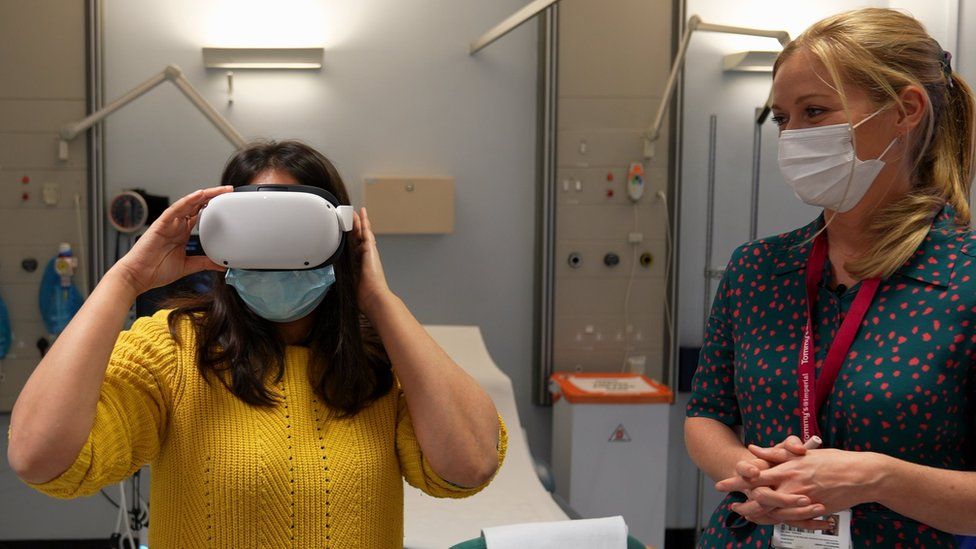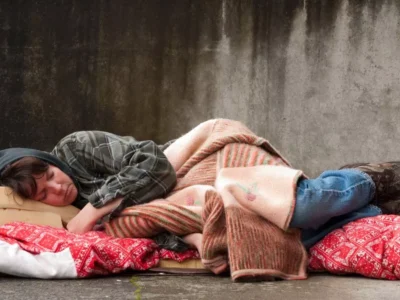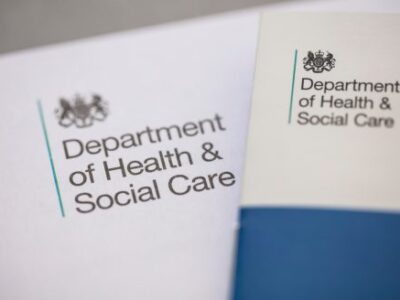Tens of thousands of women in the UK may be experiencing symptoms of post-traumatic stress disorder (PTSD) after miscarriages each year, a leading researcher warns. Prof Tom Bourne estimates the number affected could run to 45,000 annually. But he says most are not given prompt psychological support that could help prevent PTSD developing. His team is trying out a variety of new approaches – including virtual reality – to help address the issue.
Kellie Cunningham lost her baby boy five months into her pregnancy in 2017. She named him Henry. “It changed my life,” she says. “I went into hospital one person and came out a totally different person,” Kellie said she did not get any NHS follow-up or mental health support after she left the hospital, and went on to develop PTSD, only picked up by a support group led by the baby loss charity, Sands.

She began to pay for her own therapy. “I was just left to pack up my things in the hospital that day, take the little memory box they gave me, and leave the building. I felt so alone.
“People think because your baby never lived, you cannot feel a close bond with them. “But as soon as you find out you are pregnant, you are planning your futures. For that to be taken away from you in a second has a big impact,” she said.
Kellie now raises money for Sands, and is a befriender for the charity, helping other women who have lost babies. She continues to suffer from PTSD and anxiety five years after the loss of Henry. “I strongly believe if I had been given support when I left the hospital I would not have ended up with PTSD, or still be in therapy, years later.”
Symptoms of PTSD are wide-ranging and can include:
- Reliving aspects of what happened, such as having flashbacks and intrusive thoughts
- Alertness or feeling on edge, such as being easily upset or angry and experiencing a feeling of extreme alertness
- Avoiding feelings or memories, including turning to alcohol or drugs or feeling physically numb or detached from your body
- Difficult beliefs or feelings, including blaming yourself and feeling like nowhere is safe
![]()





